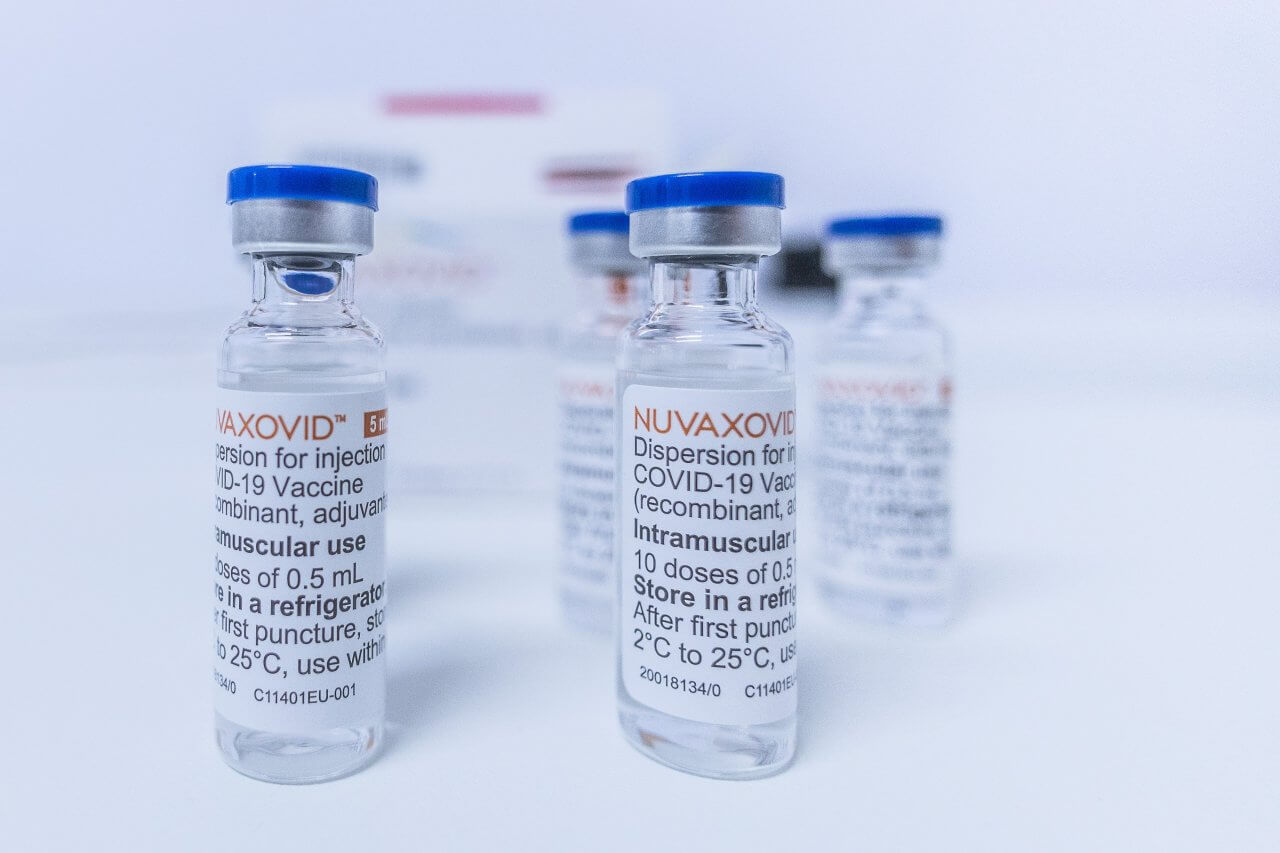What Are Other Symptoms of COVID-19?

updated July 30, 2021
While much is still unknown about COVID-19, some common symptoms associated with infection from the virus include:
- Fever
- Dry cough
- Shortness of breath
- Fatigue
- Muscle or body aches
- Headache
- New loss of taste or smell
- Sore throat
- Congestion or runny nose
- Nausea or vomiting
- Diarrhea
That said, there are also symptoms that have appeared less frequently in some people infected with COVID-19. Many people have no symptoms at all, but they’re still highly contagious. Studies have also shown that many people show other symptoms first, including these less-discussed symptoms of COVID-19:
- Loss of smell or taste. Researchers still don’t know for sure what causes this in relation to COVID-19, but some believe that the virus can cause inflammation in the nasal cavities, which can inhibit your ability to smell or taste. It may also damage sensory receptors or nerves, which could explain why some people are experiencing this symptom. For most people, these senses will return once the infection runs its course.
- Nausea and diarrhea. A study in The Lancet reported that only 3% of Chinese patients with COVID-19 experienced diarrhea. The World Health Organization (WHO) reported that about 5% of infected patients experience nausea. Usually those patients develop the more common symptoms of fever, dry cough, and difficulty breathing, with researchers reporting that only three percent of cases studied had digestive symptoms alone.
- Malaise and confusion. These symptoms are the most commonly reported atypical symptoms that present in addition to the most common symptoms. According to the Centers for Disease Control and Prevention (CDC), severe confusion or an inability to wake up in the morning can be warning signs of COVID-19 infection, especially in connection with other critical signs like bluish lips, trouble breathing, or chest pain.
- Chills and muscle aches. It’s not clear how prevalent these symptoms are, but according to a WHO report about 11% of the people studied reported chills and 14% reported muscle aches.
- Headaches and dizziness. According to a study in The Lancet, about 8% of COVID-19 patients tested reported headaches. Dizziness has also been reported in some cases. According to the Cleveland Clinic, frequent dizzy spells or severe bouts of dizziness could indicate a more serious health risk.
- Runny nose. A minority of COVID-19 patients experience nasal congestion or a runny nose, but less than 5% get these symptoms, according to the WHO. If you have these symptoms, it’s probably due to allergies or a cold.
Post COVID Care – When and Where You Need It.
Baptist Health has developed a program for patients that had COVID-19 and are still experiencing symptoms or do not feel they have fully recovered. If you are experiencing any issues after having COVID-19 such as persistent shortness of breath, exercise intolerance, or ongoing symptoms, you can get care now from Baptist Health’s long COVID program via a virtual visit with a provider.
Are Symptoms of COVID-19 Different in Children Than Adults?
The symptoms of COVID-19 are similar in children and adults, but children with confirmed COVID-19 have generally presented with milder symptoms. Reported symptoms of COVID-19 in children include cold-like symptoms, such as runny nose, fever, and cough.
More Questions About COVID-19?
To learn more about COVID-19, visit the Baptist Health COVID-19 Resources page. Getting vaccinated is the best way to protect yourself from serious illness related to COVID-19. Learn more about COVID-19 vaccines and schedule your vaccination appointment today.
Next Steps and Useful Resources
Learn About Long COVID Care
Schedule Your Vaccine Appointment
What to Do if You Are Experiencing Coronavirus (COVID-19) Symptoms
What Are COVID-19 Long-Haulers?



